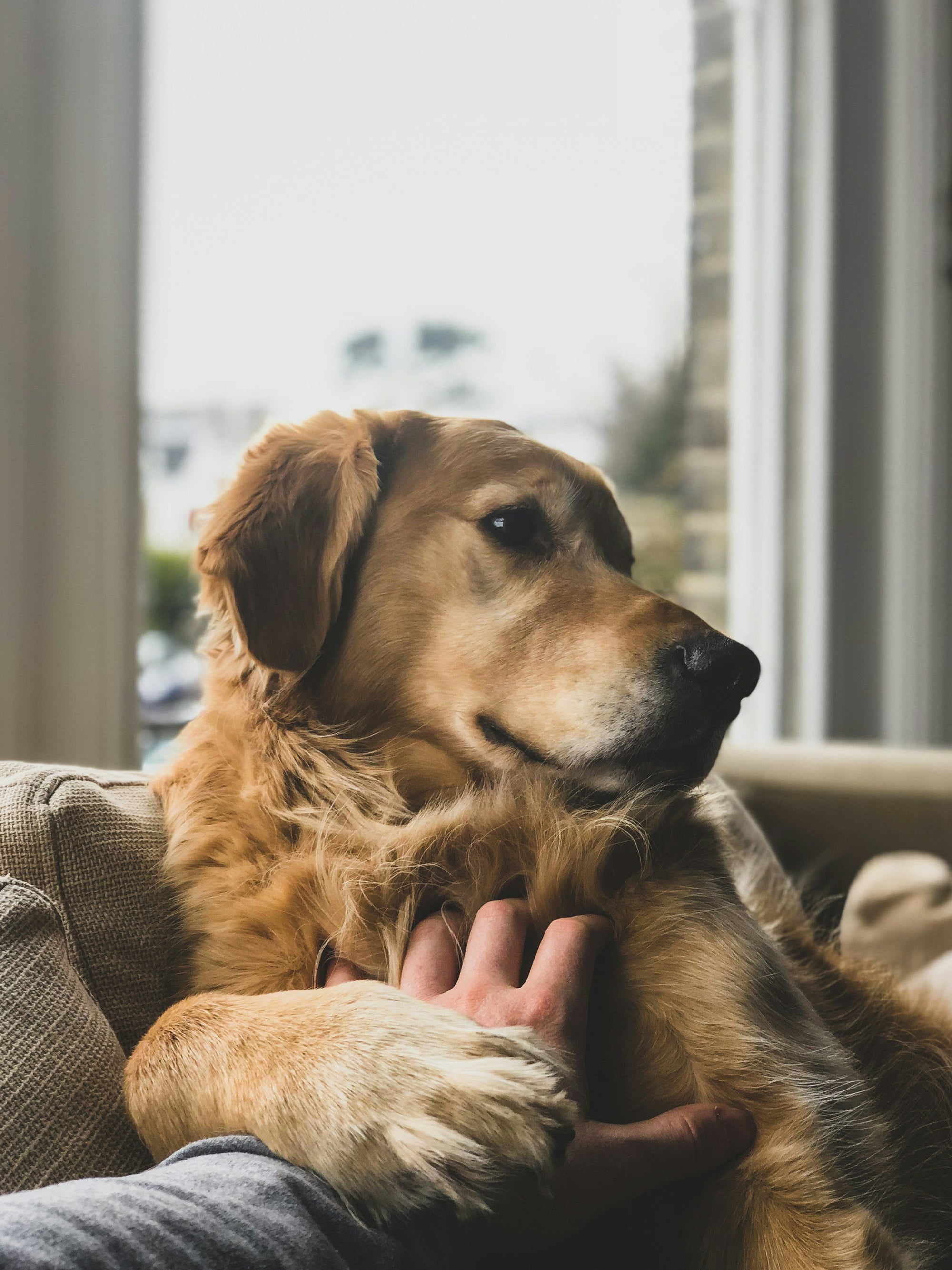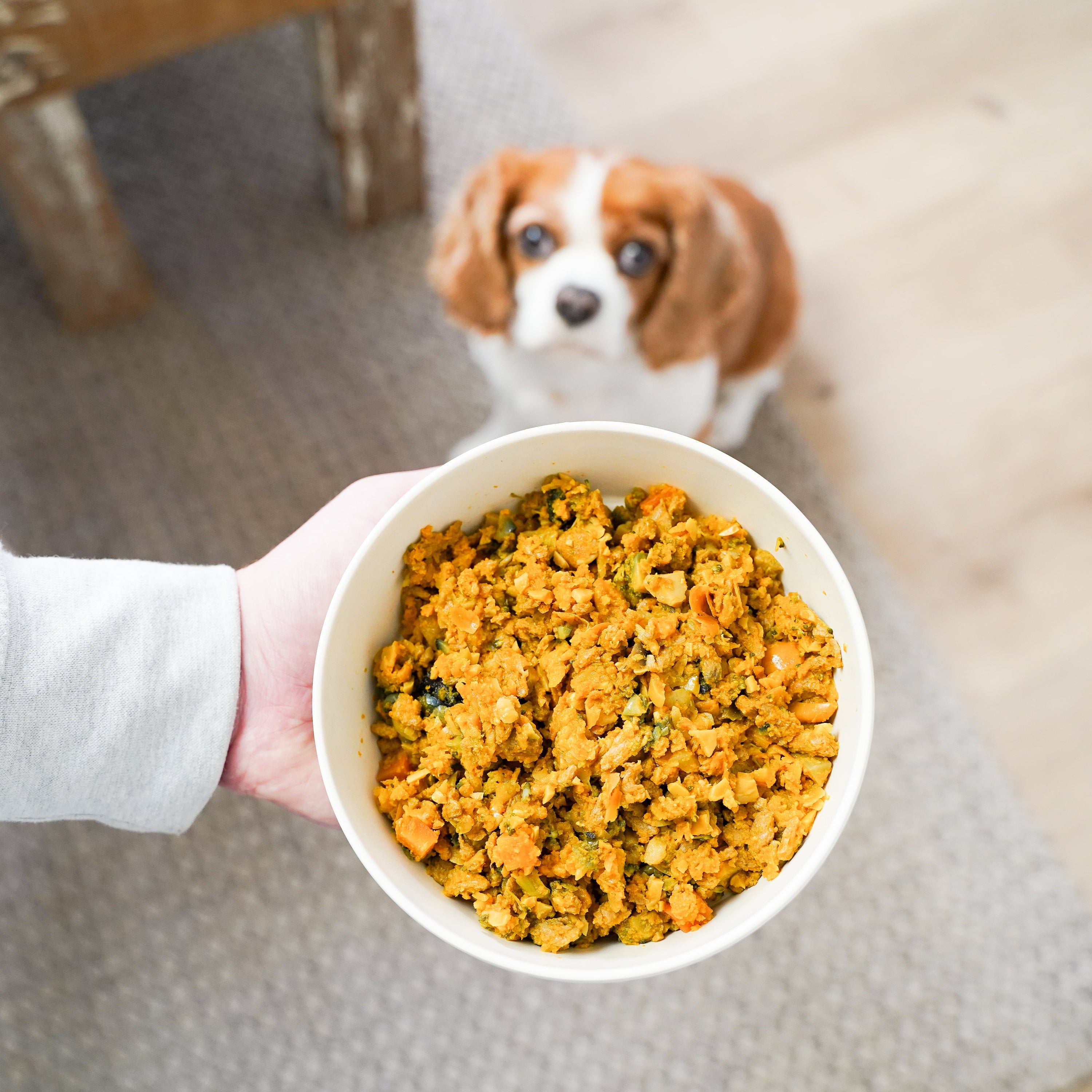

Understanding and Managing Food Allergies in Your Dog: A Complete Guide
Is your furry friend constantly scratching, dealing with digestive issues, or showing signs of discomfort after meals? Your dog might be suffering from food allergies or sensitivities. As pet parents, understanding how to identify and properly manage these conditions is crucial for ensuring our canine companions live their happiest, healthiest lives.
The Challenge of Diagnosis
When it comes to identifying food allergies in dogs, pet owners face a significant challenge: accurate diagnosis is surprisingly difficult. Despite what many pet wellness companies might advertise, popular testing methods often fall short.
"The most common tests marketed to pet owners—saliva and blood serum allergen testing—actually have poor positive predictive value," explains Dr. Maria Sanchez, veterinary nutritionist. "This means that even if the test shows a positive result for a particular food, your dog may not actually be allergic to it at all."[¹]
Research published in veterinary journals confirms this unfortunate reality. Studies have repeatedly shown that these tests cannot reliably diagnose food allergies in our canine companions.[²]
The Gold Standard for Diagnosis
According to veterinary dermatologists and nutritionists, there's only one reliable method to determine if your dog has food allergies:
The Elimination Diet Trial followed by Controlled Challenges
This process involves:
-
Elimination Phase: Feeding your dog either a hydrolyzed protein diet (where proteins are broken down into pieces too small to trigger an allergic response) or a novel limited ingredient diet (featuring protein sources your dog has never eaten before)
-
Challenge Phase: After symptoms improve, gradually reintroducing suspected allergenic ingredients one at a time to identify which specific foods trigger your dog's symptoms
-
Confirmation: Removing the triggering ingredient again to confirm symptom resolution
"This methodical approach is the most definitive way to identify the specific foods causing your dog's allergic reactions," notes Dr. James Cooper, veterinary dermatologist.[³]
Managing Dog Food Allergies
Once you've identified the specific allergens, management becomes relatively straightforward: strict avoidance of trigger foods. However, this can become increasingly difficult when dogs develop multiple food sensitivities over time.
Why Dogs Develop New Allergies
Interestingly, the way we manage existing allergies can influence whether dogs develop new ones. Research suggests that dogs can develop sensitivities to new foods if they're exposed to novel protein sources while their digestive system is in an inflammatory state.
Dr. Lisa Wong, veterinary immunologist, explains: "When a dog's gut is inflamed, it can become 'leaky,' allowing intact proteins to pass through the intestinal barrier. This exposes these proteins to the immune system in a way that can trigger the production of antibodies against previously 'safe' foods."[⁴]
Best Practices for Prevention
To reduce the risk of your dog developing additional food allergies:
-
Reduce inflammation first: Before introducing new food sources to an allergic dog, veterinarians often recommend a course of anti-inflammatory medications to calm the digestive system.
-
Consider hydrolyzed diets: These specialized foods contain proteins that have been broken down into fragments too small to trigger allergic responses.
-
Introduce new foods carefully: Once inflammation is under control, new food sources can be introduced with a better chance of tolerance.
-
Maintain consistent feeding: Once you find foods that work for your dog, maintain a consistent diet to prevent new reactions.
The Bottom Line
While diagnosing food allergies in dogs requires patience and methodical testing, the good news is that once identified, these conditions can be managed effectively. By working closely with your veterinarian, conducting proper elimination trials, and taking steps to prevent new sensitivities, you can help your allergic dog live comfortably and symptom-free.
Remember that each dog is unique, and what works for one may not work for another. Always consult with your veterinarian before making significant changes to your pet's diet, especially if they're showing signs of food sensitivities.
¹ Expert consensus based on compiled veterinary research on diagnostic methods for canine food allergies.
² Bethlehem, Bexley and Mueller (2012) "Patch testing and allergen-specific serum IgE and IgG antibodies in the diagnosis of canine adverse food reactions"; Vovk et al. (2019) "Testing for food-specific antibodies in saliva and blood of food allergic and healthy dogs."
³ Based on veterinary consensus regarding elimination diet trials as the gold standard for diagnosing food allergies in dogs.
⁴ Johansen, Mariani and Mueller (2017) "Evaluation of canine adverse food reactions by patch testing with single proteins, single carbohydrates and commercial foods." Research demonstrates the relationship between gut inflammation and development of new food sensitivities.


